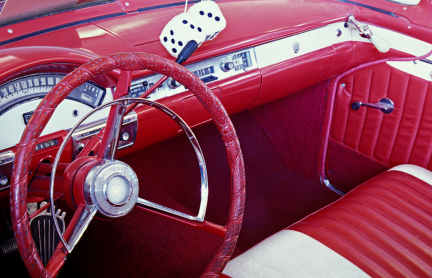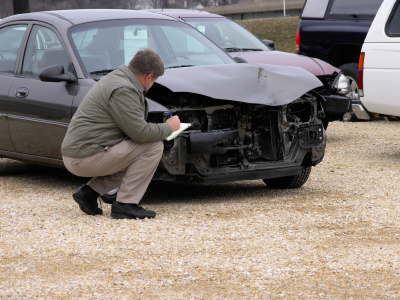Collector Car Insurance and Why You Need It
What qualifies as a collector car, how is the car insured, and the restrictions that may apply.
What is collector car insurance? It is an auto insurance policy that is specifically designed to cover cars that are not used for everyday transportation and are considered a collector item or a hobby – like classic car insurance.
Collector car insurance is specialty insurance and it is not offered by all companies. If your current insurance company does not offer this specialty insurance, you may have to seek out coverage with a company that specializes in this type of policy.
What Qualifies as a Collector Car?
Muscle cars, antiques, imports, rare vehicles and street rods all make up part of the list of cars that can be considered for collector car insurance. The vehicles that people pay beaucoup bucks for because they are rare or that they spent years restoring are the most frequently insured vehicles under this type of policy.
Because the term ‘collector car’ can mean so many different things to different people, it is best to contact your insurance company for more information as to whether your car would qualify as a collector car.
Coverage for Collector Cars
Collector cars are not insured according to a certain value that is found in a book. Collector cars can be rare and the value of the vehicle is generally not something that can be determined to be the same as every other vehicle that was made in the same time period, especially of that time period was a long time ago.
Instead collector car insurance policies use a stated value or an agreed value to determine the worth of the vehicle in the event of an accident. Stated value is the value of the vehicle that is determined at the beginning of the policy minus any depreciation during the course of the policy up to the time of the accident.
Agreed value is the more popular method of insuring with collector car policies, at the beginning of the policy the person buying the policy and the insurance company “agree” on the value of the vehicle at the time the policy is written. If there is a car accident and the agreed value was $53,000, then $53,000 is what is paid if the car is totaled, there is no depreciation with this type of value.
Regulating Collector Car Use
How you use your collector car is strictly regulated by the insurance company. This is why they are able to keep the lower rates that you pay for your collector car insurance down. Driving restrictions include not being able to use the car for everyday use or commuting to work. More specifically, your insurance company may place an annual mileage limit on your vehicle, usually around 2500 miles a year.
How you store your collector car is also important. You must keep it in an enclosed garage or storage facility that has a lock on it to keep it safe. You also cannot leave it out on the street or in parking lots for long periods of time when you drive it around. This is to protect the car from theft or vandalism.
In addition, to make sure that the insurance company has a lower chance of having to pay out on a claim they allow only good drivers to start collector car policies with them. The driver of the collector car has to have been driving for a minimum amount of years and can only have so many at-fault accident and tickets.





